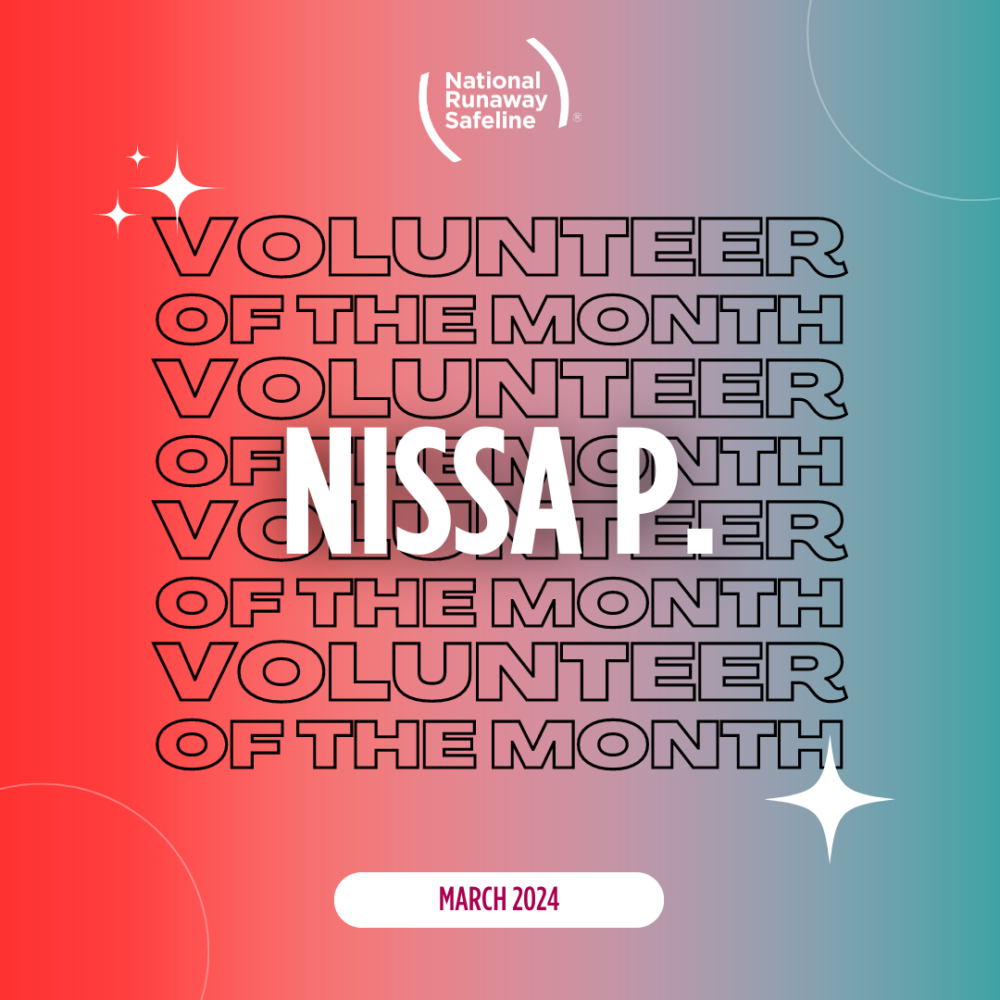For National Runaway Prevention Month’s Teachable Tuesday, we already covered Chapin Hall’s Voices of Youth Count initiative and the State Index on Youth Homelessness from True Colors Fund and the National Law Center on Homelessness and Poverty. Below are a few more resources for you to explore:
1. State Report Cards – Protected Innocence Challenge
Shared Hope International
This annual report is a comprehensive study of existing state laws designed to inspire and equip advocates to address domestic minor sex trafficking. These report cards grades each state based on 41 key legislative components that must be addressed in a state’s laws in order to effectively respond to the crime of domestic minor sex trafficking. In addition, each state receives a complete analysis of this 41-component review and practical recommendations for improvement. Click here to see your state’s report card.
2. Runaway & Homeless Youth and Relationship Violence Toolkit
National Resource Center for Domestic Violence (NRCDV)
This Toolkit was developed by and for advocates in the runaway and homeless youth (RHY) and domestic and sexual assault (DV/SA) fields to help programs better address relationship violence with runaway and homeless youth. The Toolkit organizes information, resources, tips and tools drawn from the wealth of information gathered when the two service systems were convened through local collaborative projects funded by the Family and Youth Services Bureau (FYSB) of the U.S. Department of Health and Human Services. Click here to access this toolkit.
3. True Inclusion Directory
True Colors Fund
This database lists organizations across the nation that provide services to LGBTQ youth experiencing homelessness. Click here to access this database.
4. NCHE Webinars
National Center for Homeless Education (NCHE)
NCHE webinars focus on issues related to the education of children and youth experiencing homelessness. During NCHE webinars, presenters explain important concepts, while also giving participants the opportunity to ask questions and interact with each other. Click here to see upcoming webinars.
5. RHY Grantee Trainings
Runaway and Homeless Youth Training and Technical Assistance Center (RHYTTAC)
RHYTTAC is committed to providing training for RHY grantees that is grantee driven, relevant, and based on best practice. Training is provided by NSPN staff as well as SMEs from the field and is delivered in a number of ways to ensure maximum access. The RHYTTAC team is here to serve you, the grantees, and you are encouraged to make full use of the training opportunities and to communicate your particular training needs to RHYTTAC. Click here to learn more.



